For example, this is the regular expression
([a]{2,3})
This is the string
aaaa // 1 match "(aaa)a" but I want "(aa)(aa)"
aaaaa // 2 match "(aaa)(aa)"
aaaaaa // 2 match "(aaa)(aaa)"
However, if I change the regular expression
([a]{2,3}?)
Then the results are
aaaa // 2 match "(aa)(aa)"
aaaaa // 2 match "(aa)(aa)a" but I want "(aaa)(aa)"
aaaaaa // 3 match "(aa)(aa)(aa)" but I want "(aaa)(aaa)"
My question is that is it possible to use as few groups as possible to match as long string as possible?


